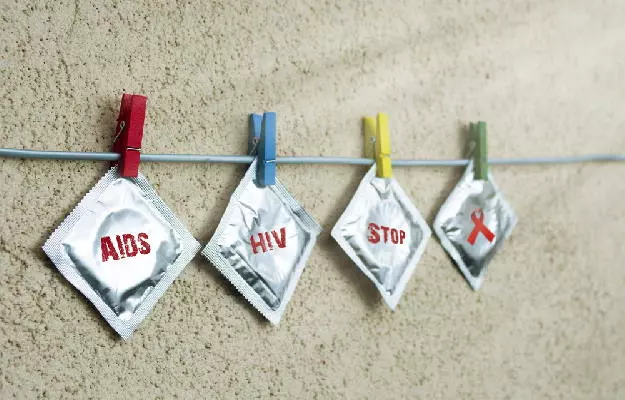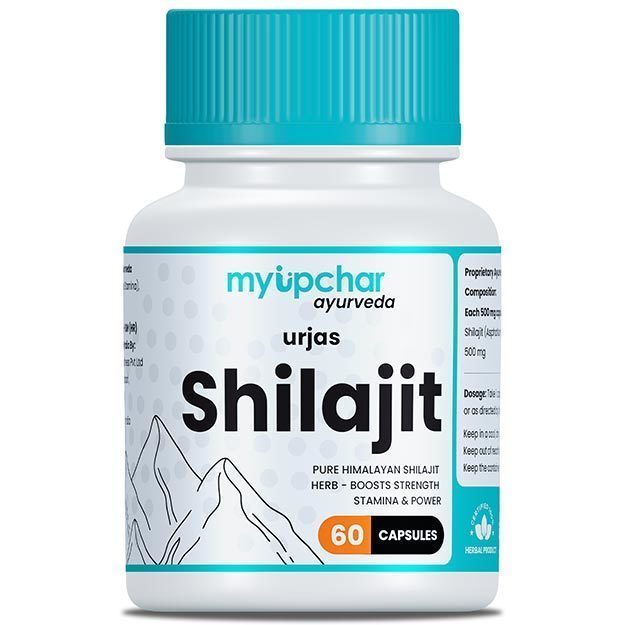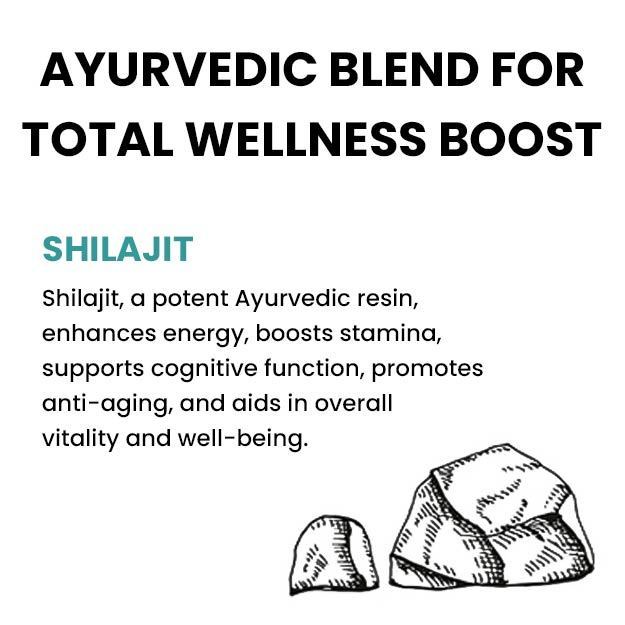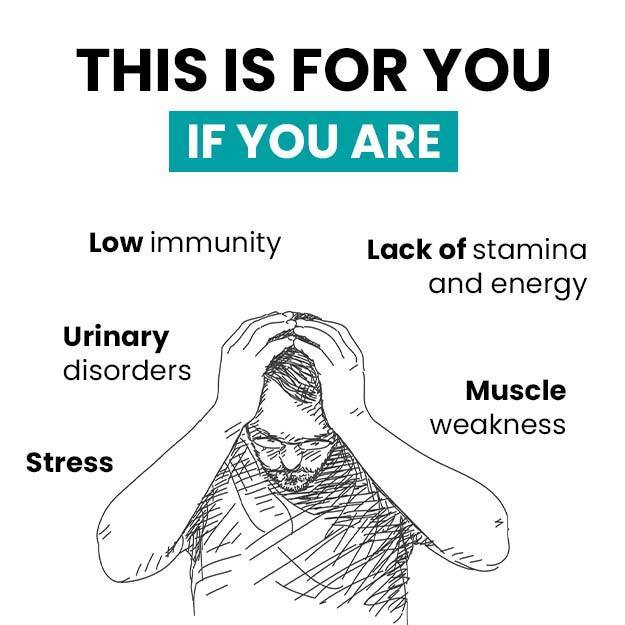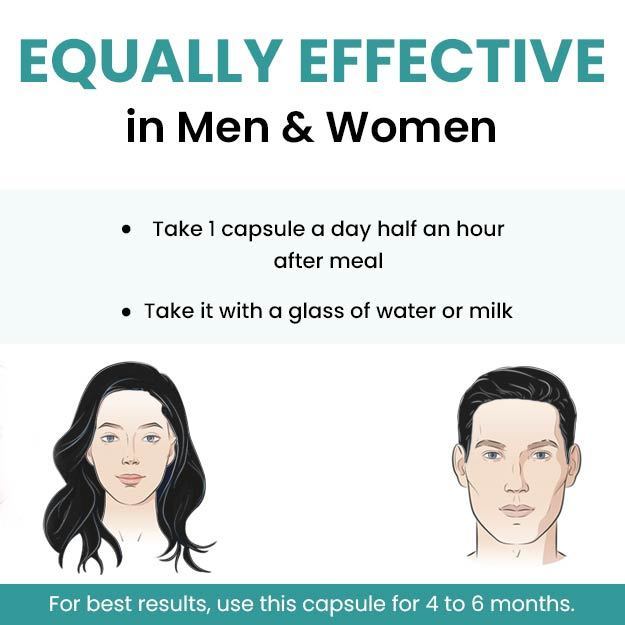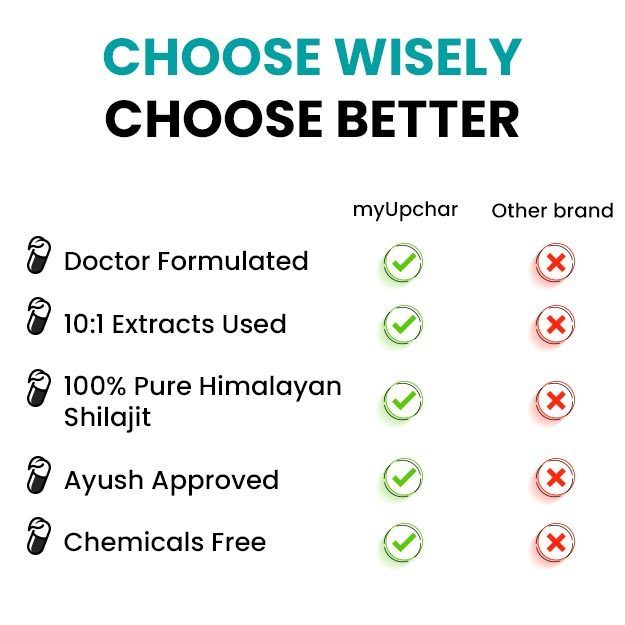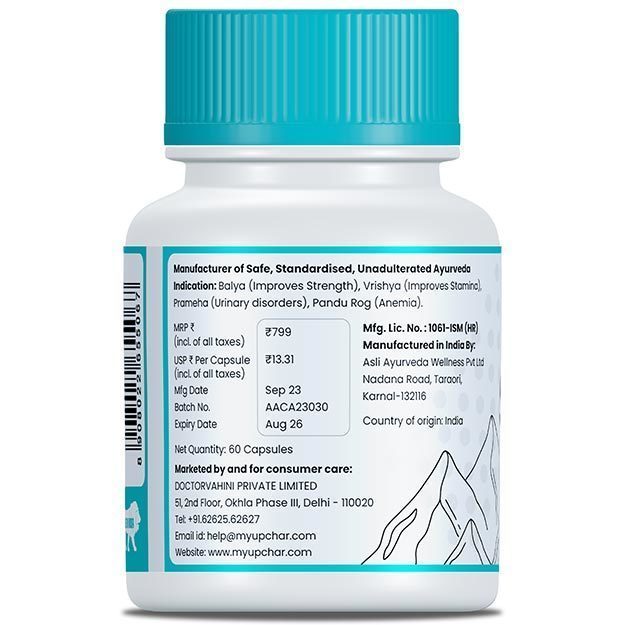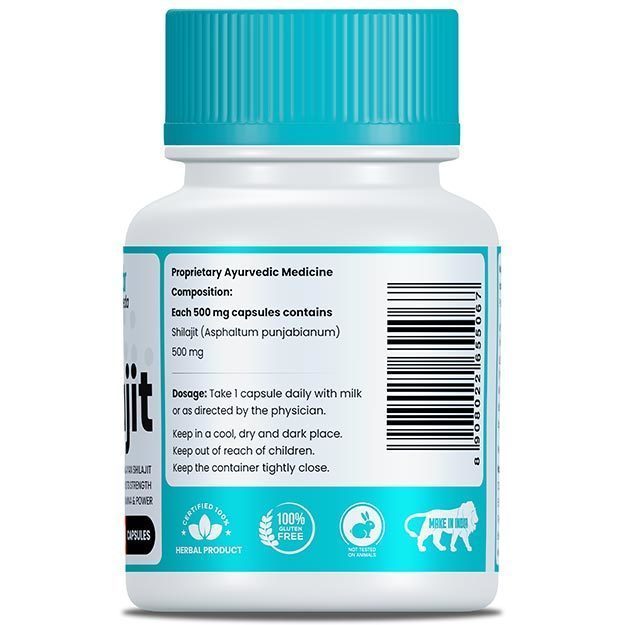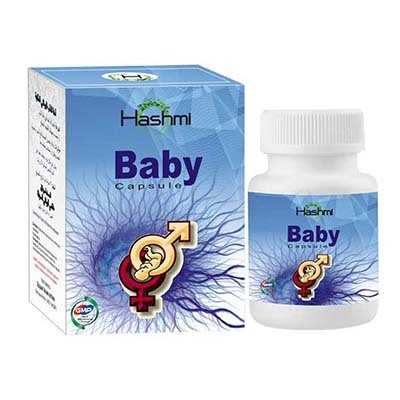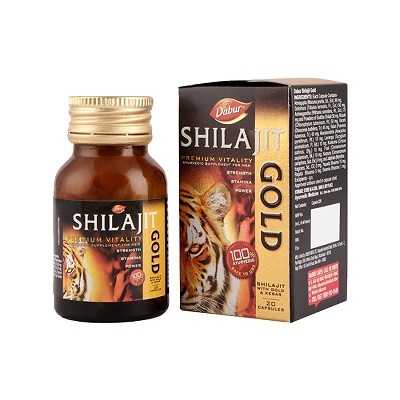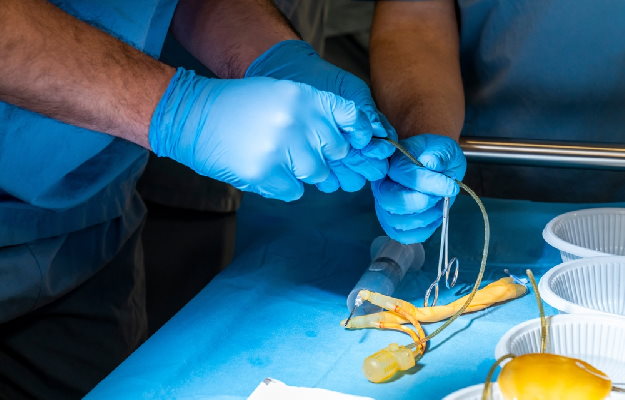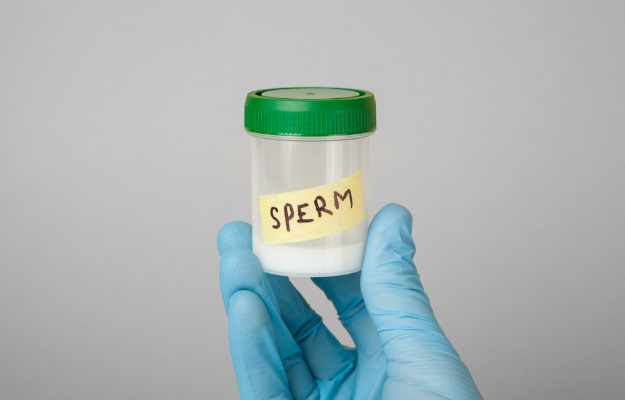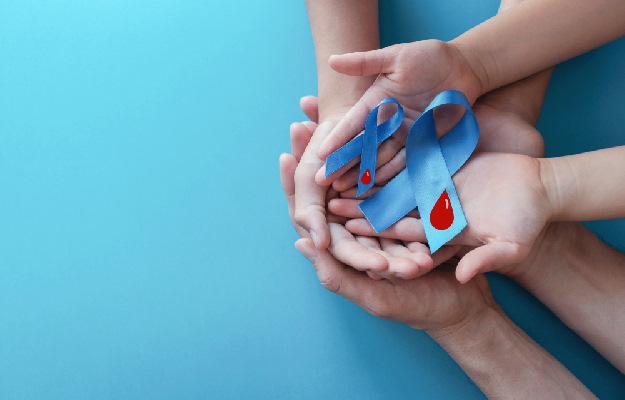Did you know that it is possible to transmit HIV through oral sex, although it is less likely to be transmitted through vaginal or anal sex. Medicines, condoms, and dental dams are some of the ways that can help prevent HIV transmission.
It is well known that HIV can be transmitted through vaginal or anal sex as well as through drug or infected injection. However, like other sexually transmitted infections, there is a risk of contracting it through oral sex – but small.
The virus spreads between people when fluids from one person come into contact with the bloodstream of another person. This contact can occur through cut or broken skin, vagina, rectum, or through foreskin tissues.
Read more - (Best 18 sex positions)
6 Bodily Fluids That Can Transmit HIV:
-
Blood
-
Semen
-
Pre-ejaculatory fluid
-
Breast milk
-
Rectal fluid
-
Vaginal fluid
Certain factors can increase the risk of spreading HIV through oral sex.
Try breast massage oil which tightens loose breasts and makes them shapely. It is beneficial in increasing the confidence of women by increasing the size of the breasts.
Read more - (How to have safe sex)


